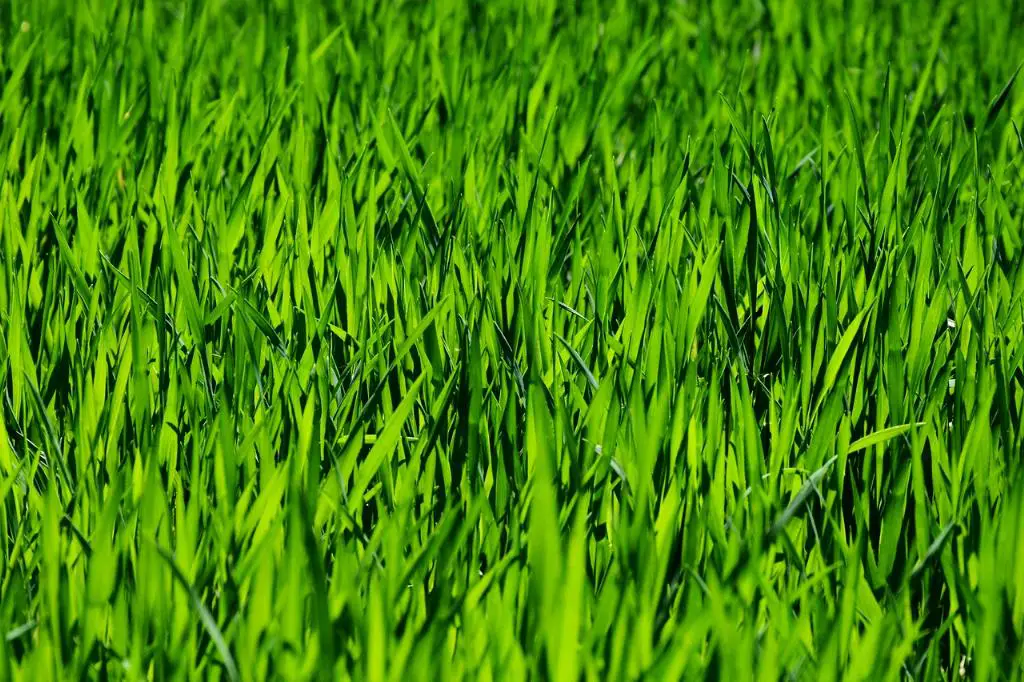Dealing with pesky Bermuda grass invading your lawn can be a frustrating challenge for many homeowners. Whether you’re a seasoned gardener or a beginner, tackling this resilient grass species requires time, effort, and the right approach. In this comprehensive guide, we’ll explore various methods to effectively eliminate Bermuda grass from your lawn.
1. Manual Removal
One of the most labor-intensive yet effective ways to control Bermuda grass is through manual removal. Using a spade, hoe, or your hands, carefully dig up and pull out the grass, making sure to remove as much of the root system as possible. This method can be time-consuming but is essential for tackling small patches of Bermuda grass.
2. Boiling Water Treatment
As mentioned in the provided facts, boiling water can serve as a natural and efficient solution for killing Bermuda grass. By pouring boiling water directly onto the grass, you can effectively damage the roots and halt its growth. Once the grass turns brown and dries out, remove the dead Bermuda grass by pulling it up.
3. Herbicide Application
If manual removal and boiling water treatments are not feasible options for your lawn, you may consider using herbicides to combat Bermuda grass. Selective herbicides designed specifically for grassy weeds like Bermuda grass can be applied according to the manufacturer’s instructions. Be sure to choose a herbicide that targets Bermuda grass without harming your desirable lawn grass.
4. Solarization Technique
Solarization involves using sunlight to raise soil temperatures and kill Bermuda grass along with its seeds. To implement this method, cover the affected area with a transparent plastic tarp during the hottest months of the year. The trapped heat will effectively eliminate Bermuda grass by depriving it of sunlight and resources.
5. Regular Mowing and Maintenance
Prevention is key when it comes to managing Bermuda grass in your lawn. By maintaining a consistent mowing schedule and keeping your lawn healthy and well-nourished, you can prevent Bermuda grass from thriving. Regular mowing at the appropriate height can weaken Bermuda grass and inhibit its growth.
6. Mulching and Overseeding
Utilizing mulch in your lawn can help smother Bermuda grass and prevent it from spreading. Additionally, overseeding with desirable grass species can help fill in bare patches left behind after removing Bermuda grass. By creating a dense and healthy lawn, you can naturally suppress the growth of unwanted weeds.
7. Mechanical Cultivation
For larger infestations of Bermuda grass, mechanical cultivation using a rotary tiller or similar equipment can help disrupt the root system and loosen the soil. This process can make it easier to remove Bermuda grass manually and reduce its regrowth. However, be cautious not to disturb the roots of desirable plants in the area.
8. Consultation with Lawn Care Professionals
If you’re facing persistent issues with Bermuda grass and other weeds in your lawn, seeking advice from lawn care professionals can provide valuable insights and tailored solutions. These experts can assess the condition of your lawn, recommend effective treatments, and help you create a long-term plan for maintaining a weed-free landscape.
9. Organic Weed Control Methods
For those seeking environmentally-friendly alternatives to traditional herbicides, organic weed control methods can be a great option. Using natural ingredients like vinegar, salt solutions, or essential oils can help deter Bermuda grass growth while minimizing harm to the environment and surrounding vegetation.
10. Persistent Monitoring and Follow-Up
Successfully eliminating Bermuda grass from your lawn requires ongoing monitoring and follow-up efforts. Keep a close eye on the treated areas, removing any regrowth of Bermuda grass promptly. By staying vigilant and proactive, you can prevent the resurgence of this resilient weed in your lawn.
Conclusion
In conclusion, addressing a Bermuda grass infestation in your lawn demands a multi-faceted approach that combines manual removal, targeted treatments, preventive measures, and consistent maintenance. By implementing a combination of the methods discussed in this guide and adapting them to your specific lawn conditions, you can effectively combat Bermuda grass and restore the health and beauty of your outdoor space.

